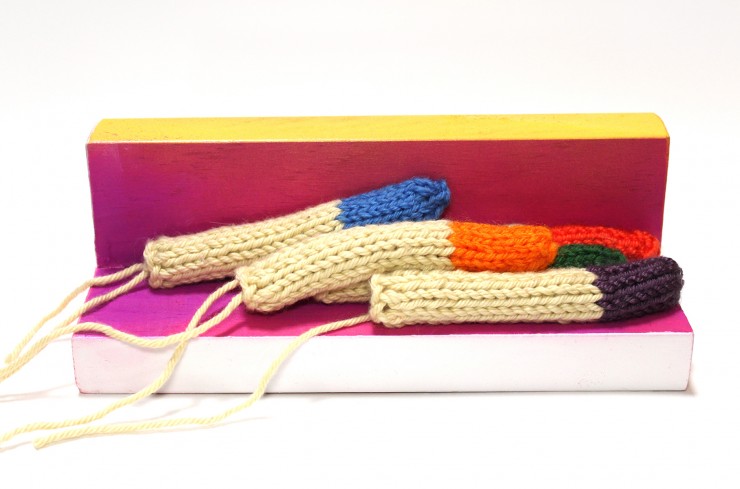New menstrual media and technology made headlines with the following:
What is your menstrual-quantified self trying to tell you? Next Gen Jane is hoping to help women find out. The company is developing a diagnostic tampon that will collect menstrual blood for testing which, if successful, will eliminate the need for surgery and routine testing.
Similar research is already being carried out by the Feinstein Institute of Medical Research in their ROSE study (Research OutSmarts Endometriosis). Now in its third year, the study is seeking to diagnose endometriosis without invasive surgery by asking participants to collect a sample of their menstrual flow (using The DivaCup) for testing.
Today, it is not so much a question of: “Do you use an app to chart your cycle?”, but more so, “Which app do you use?” While fertility tracking apps are helping women to learn more about their menstrual cycle, a new study from researchers at Georgetown University suggests that most of these applications are not adequate for avoiding pregnancy or in helping couples conceive. The main downfall to these apps is their ill-use of proven fertility awareness methods. These findings come at an interesting time for YONO, an in-ear BBT thermometer device that is now shipping to customers! The data this little ear bud collects is said to provide insight to a woman’s fertility and hormone imbalance.
Have you heard of medical tourism? Although some regions, like Ontario, Canada offer publicly funded in-vitro fertilization, the majority of couples in need of fertility support are left to pay out of pocket. The price is right in places such as India, Spain and now Argentina as more and more couples are leaving their homelands for fertility treatment. While more options for fertility support are a good thing, these options are only available to a specific class of individuals. Where does this leave couples who are not able to afford treatment, let alone travel expenses?
Bodyform, one of the UK’s leading femcare product brands, is making a mark with its new (and honest) advertising campaign. This #livefearless commercial featuring actual blood shed by women in pursuit of athletic excellence, and the bold tagline—NO BLOOD SHOULD HOLD US BACK, has been making the social media rounds and garnered over 1.5 million views on Youtube.
Period panic on social media and young women’s openess about menstruation and menstrual products:
Melbourne singer Melody Pool was handed a 24-hour ban from Facebook due to comments made about her period in a personal post. Her post asked: ‘Does anywhere deliver codeine to you because lady blood moon is waging war upon me.’ The content was classified as inappropriate and in violation of Facebook’s community standards. Maybe she’ll write a song about it.
And a recent mailing from UCAS (Undergraduate Courses At University and College) to prospective female students in the UK created a lot of confusion. Students took to Twitter to express their wonderment:
“UCAS can send me free pads and tampons but make me wait months to let me know if I’ve got into uni?????”
“The whole thing seems well-meaning, but everyone is deeply, deeply confused.”
The envelopes arrived with no note or explanation. When contacted my MetroUK, UCAS responded that through their partnership with various agencies, samples of products “we think will be useful to students” are sent out at random to those who opt-in to the sampling program.


